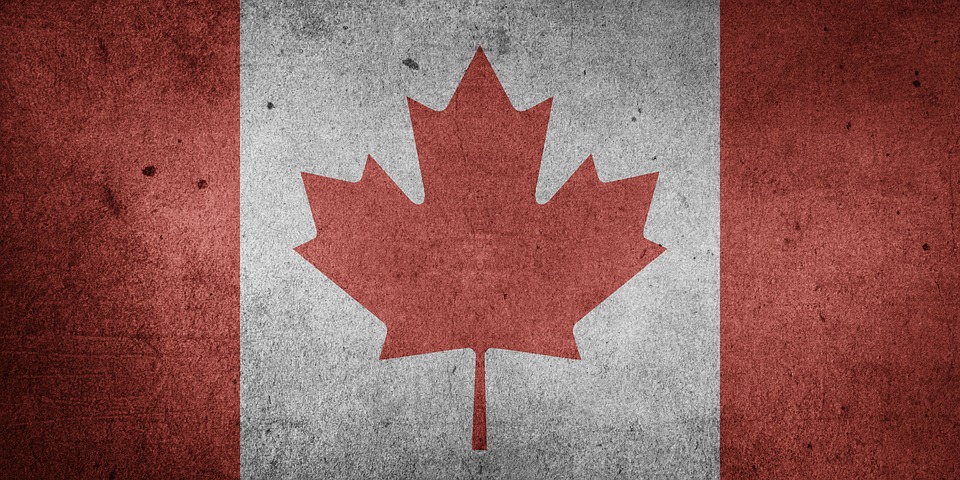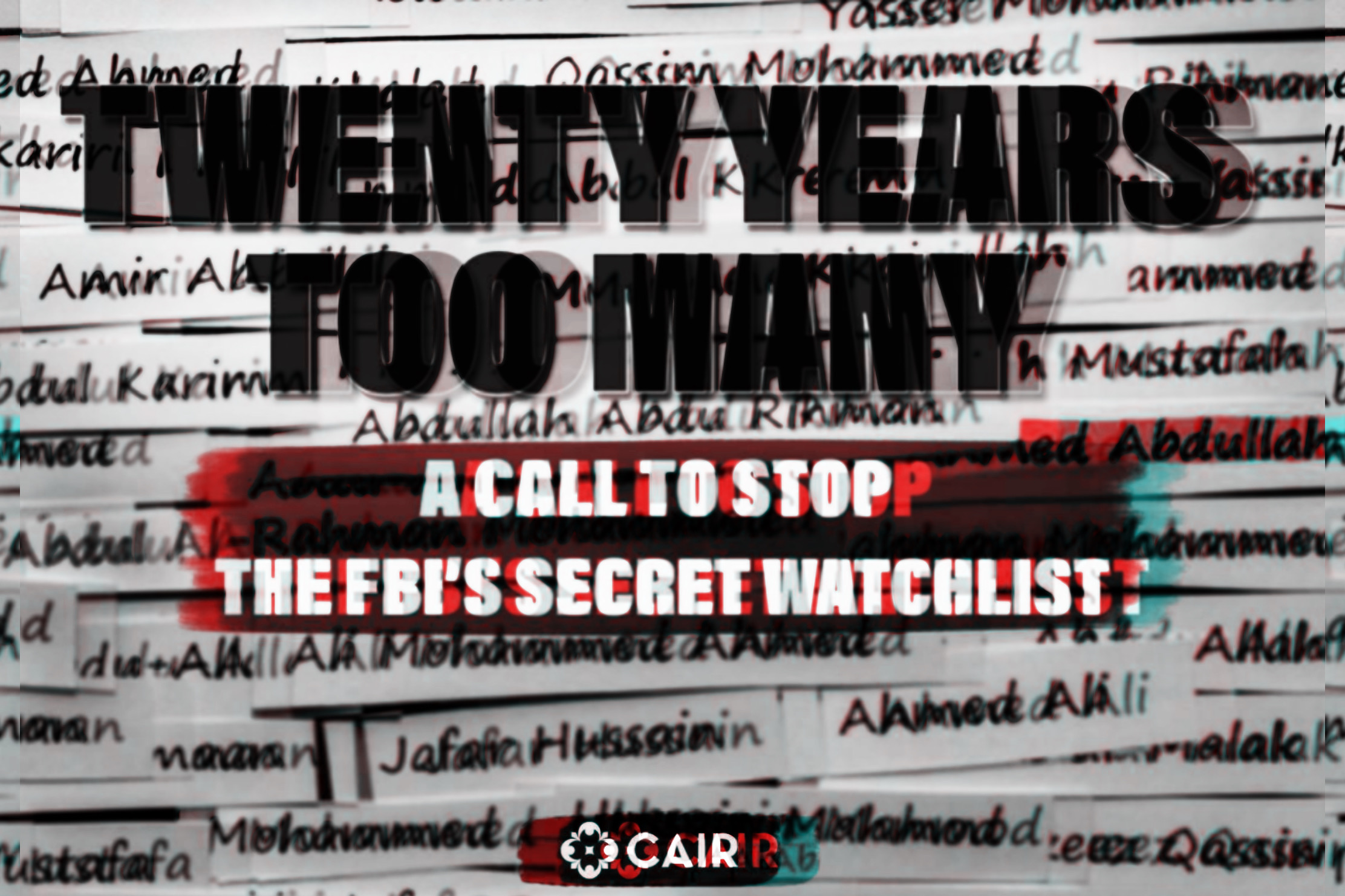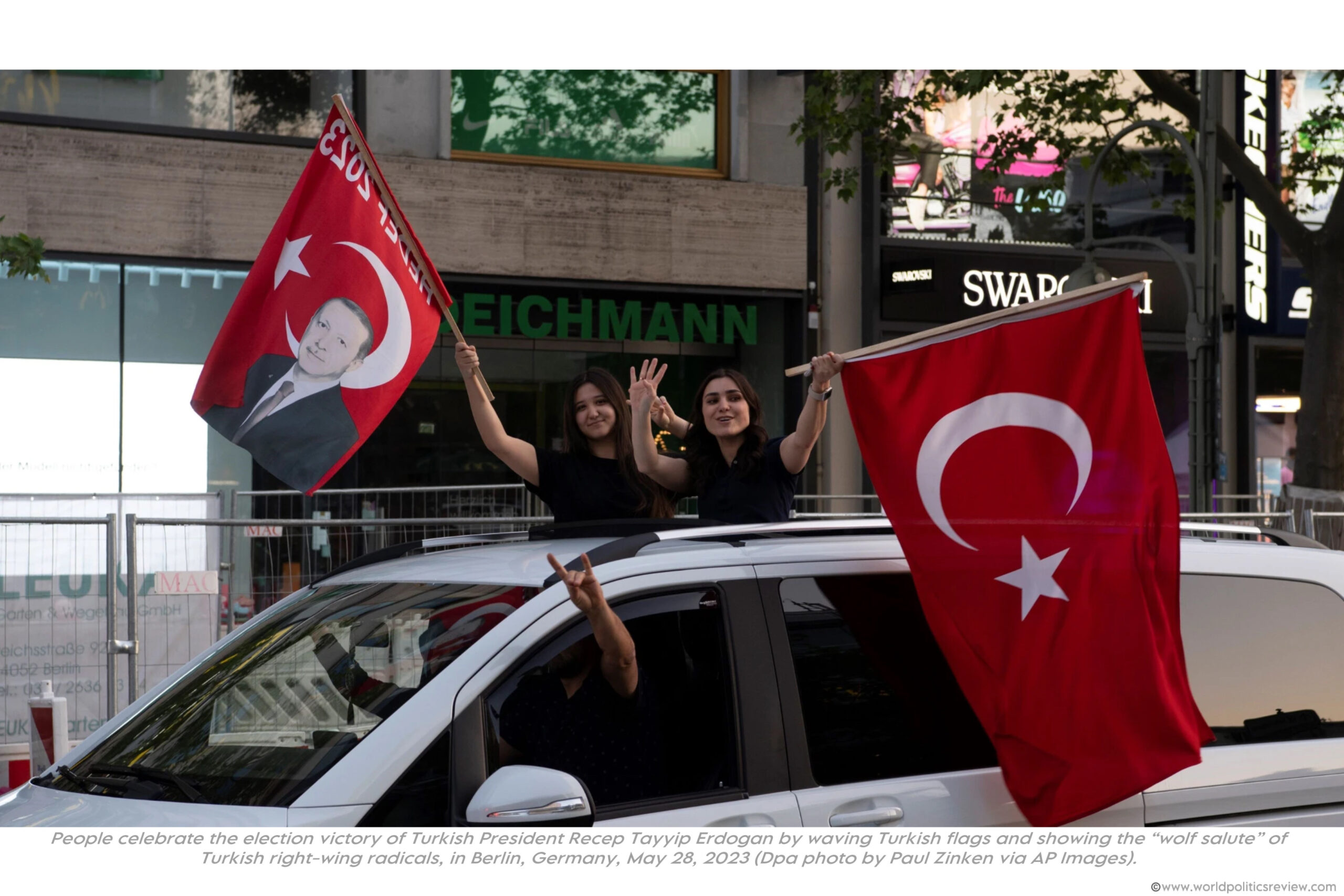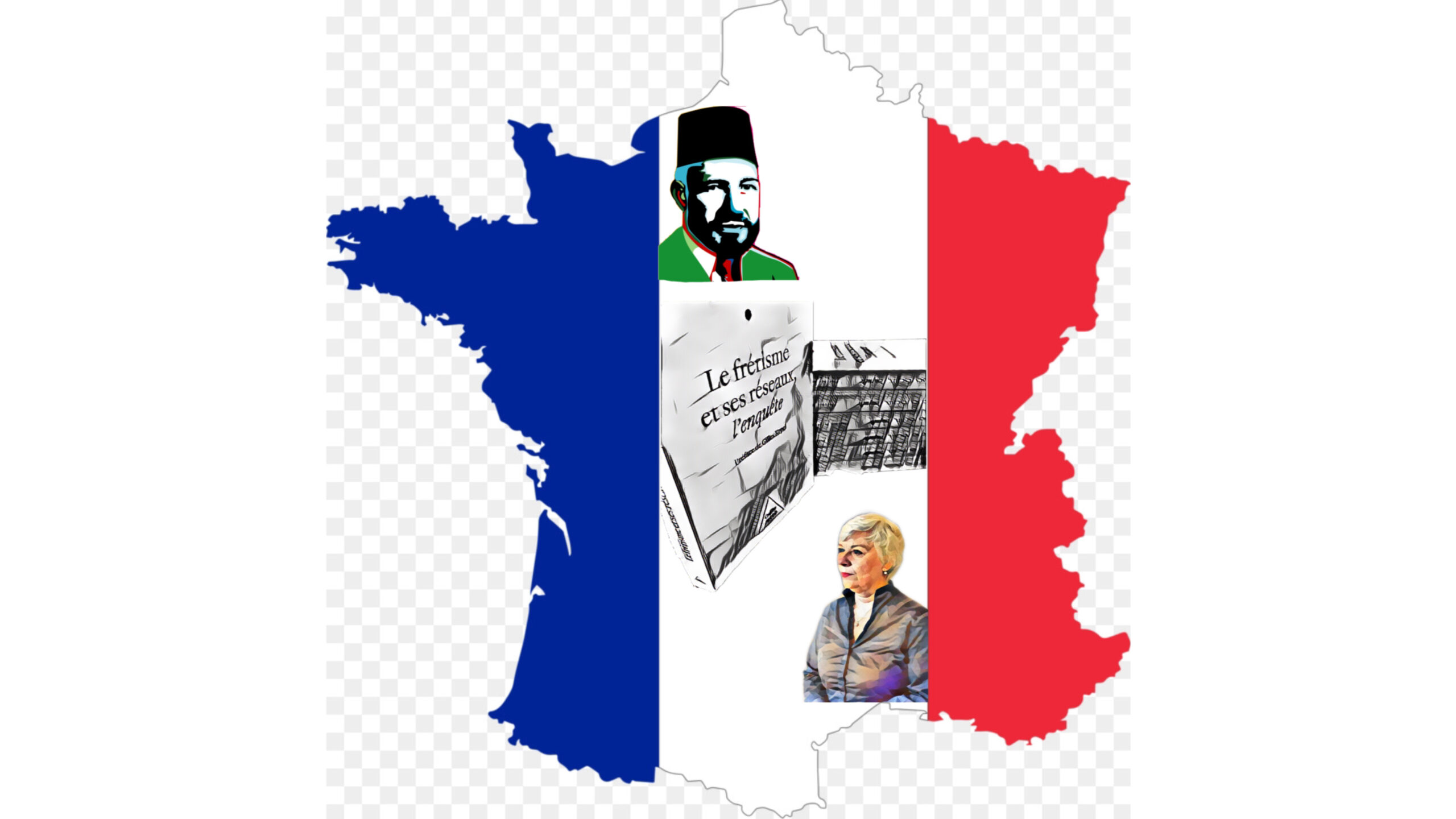At a time in which there is the global migrant crisis has rendered refugees ‘faceless strangers’, the case of Rahaf Al Qunun captured worldwide attention, resulting in an international twitter campaign to #SafeRahaf. Undoubtedly, the high-profile nature of the case ensured swift acceptance into Canada, where she was greeted at the airport by Canada’s minister of foreign affairs, Chrystia Freeland.
Al Qunun entered the public sphere when she begun to tweet from her hotel room in Bangkok. She had fled her family, whilst on holiday with them in Kuwait, boarding a flight to Thailand with the intention of reaching Australia, for which she had a visa. In Bangkok however her passport was confiscated, and she was told to return to Kuwait. She begun tweeting for help, stating that she feared she would be killed if forced to return to Saudi Arabia because of her renouncement of Islam. She also told media outlets that she “can’t study and work” in her country, and that she had suffered physical and psychological abuse from her family.
In less than 24 hours, Al-Qunun gained 27,000 followers to her previous 24. She also gained the attention of Human Rights Watch, who advocated on her behalf and advised her throughout the situation. The next morning, when Thai immigration authorities arrived to her hotel room to deport her back to Kuwait, she barricaded herself in her room with Australian journalist Sophie McNeill, whilst continuing to live-tweet, more than doubling her twitter followers and ensuing further support. The UN heeded her call for help from them, giving her refugee status and referring her case to Australia for possible resettlement. However, it was Canada that then granted the request by the UNCHR to grant asylum, with Prime Minister Justin Trudeau stating that, “Canada has been unequivocal that we will always stand up for human rights and women’s rights around the world”.
Freeland called her a “brave new Canadian” and she was welcomed on twitter by Canadians with the hashtag #Welcomehomerahaf. Western media outlets, human rights organisations have been unequivocal in their overwhelming support for the case, Rahaf presents a morally clear, tension-filled story, that has a ‘happy ending’. Since Saudi Arabia has recently been put into focus for its human rights record, its treatment of women and those who renounce Islam, the #SafeRahaf case is a story fitting of its time.
However, while the particular details of Rahaf’s case have not been dismissed, there have been questions regarding the narrative that this case has taken, and why it has captured a worldwide, and specifically western, audience which otherwise appear fatigued by the stories of refugees.
The narrative is not a new one, according to many commentators, that of ‘saving the Muslim woman’. Shakira Hussein in the newslens.com refers to the the original conception of this; Gayatri Spivak’s notion of ‘white men saving brown women from brown men’ to sum up the ‘willingness of masculine decision makers to draw upon the discourse of women’s rights at times when it suited their own strategic interests.’ While originally in reference to Hindu women during the British Raj, Hussein suggests that Muslim women “have become the most popular objects of rescue in the years since 9/11.” Which Muslim women are to be saved is more to do with the interests of the power-brokers rather than women themselves she suggests, by pointing to the moral exceptionalism that was previously shown to Saudi Arabia with regards to women’s rights in comparison to Iran, due to Saudi Arabia’s economic and strategic importance.
Indeed, as well as increasing focus on Saudi Arabia, it is difficult not to see this outside of the context of increasingly strained diplomatic relations between Canada and Saudi Arabia. Canada’s former ambassador to Riyadh, expelled from Saudi Arabia in August, has warned that Al-Qunun should not be used as a “political football” to “bash the Saudis” further.
Hanaa Aisha Hasan, writing for The Qarawiyyin Project, takes a wider approach in her deconstruction of the narrative. She goes beyond the interests of the current relationship between foreign powers by she suggesting that the story of Al-Qunun as an “oppressed Muslim woman, restricted by her family, culture and government, fleeing to the liberal secular West and rejecting her faith is the perfect orientalist trope.” While it has been “recycled time and again”, it has “perhaps appeared in such a concentrated form.” She suggests that this is not only in the case of Al-Qunun, comparing the international outrage on the case of 11 feminist activists who have been imprisoned in the Kingdom, and for whom the UK government has requested the Kingdom to allow a British delegation to visit, to the silence on the continued detention of hundreds of senior religious scholars, including Sheikh Salman Al-Oudah, Sheikh Abdul Aziz At-Tarefe, Sheikh Safar Al-Hawali and Sheikh Muhammad Al-Munajjid.
Hasan also dismantles certain implication that further this orientalist lens, firstly, arguing that while facing cultural and political obstacles, “Rahaf’s implication that all women in Saudi Arabia are entirely robbed of their agency is simply false”, pointing to the fact that Saudi women have higher levels of education than Saudi men, and that the number of Gulf women pursuing STEM subjects also outnumbers those in the West. Hasan also rejects the equation of Saudi Arabia and Islam, arguing that that the public’s lack of knowledge is being exploited to “once again portray Islam as a religion of backwardness”.
What has been frequently pointed out is the celebration by Western media outlets of Al-Qunun eating bacon, wearing a knee length dress, and drinking alcohol, which she has documented on her personal social media. Asadullah Ali al-Andalusi, writing in The Mills Chronicle, maintains that this is why this particular case has received much more attention over more severe cases of abuse and torture, with many refugees waiting months and even years for asylum. He considers her an opportunity, “She is the noble savage presented to the world as evidence of the West’s superiority.”
In the face of this black and white representation of what Al-Qunun is leaving and what she is entering into, Hussan AK, in an open letter to Al-Qunun in medium.com, urges her to have a more nuanced understanding of Canada. As an atheist who similarly left a Muslim country to reside in Canada, he writes to inform her the “truth about this place”. For example, he highlights that there is an underlying distinction between ‘good’ and ‘bad’ Muslims, arguing the same people who called for Al-Qunun to be given sanctuary immediately as the same people who complain about Muslim refugees and immigrants, suggesting they have a specific agenda that also looks to
‘saving Muslim women from Muslim men’ trope. This takes on different forms he argues; it may be giving one person refugee status to justifying the bombing of countries because “the desire to rescue Muslim women, has never been far from the desire to kill Muslims, and to profit from these wars.” He also points out that while Canada may have tense diplomatic relations with Saudi Arabia currently, it is still selling weapons to the Kingdom “which are being used to create the world’s worst humanitarian crisis”, with authorities forcibly removing protestors trying to block the shipment of these weapons three weeks ago. He also suggests that the case of Rahaf provides positive PR at a time when Justin Trudeau is trying to distract from widespread protests against militarised police attack on Indigenous Wet’suewet’en people in British Columbia, continuing to add further examples that giving a more complicated account of Canada than that which forms part of the narrative surrounding Al-Qunun.
Sources
https://www.bbc.co.uk/news/world-australia-46806485
https://www.bbc.co.uk/news/world-asia-46819199
https://www.bbc.co.uk/news/world-us-canada-46851723
https://international.thenewslens.com/article/112401
https://globalnews.ca/news/4841580/rahaf-al-qunun-canada-saudi/
https://millichronicle.com/2019/01/opinion-wests-hypocrisy-and-opportunitism-in-rahafs-case/






